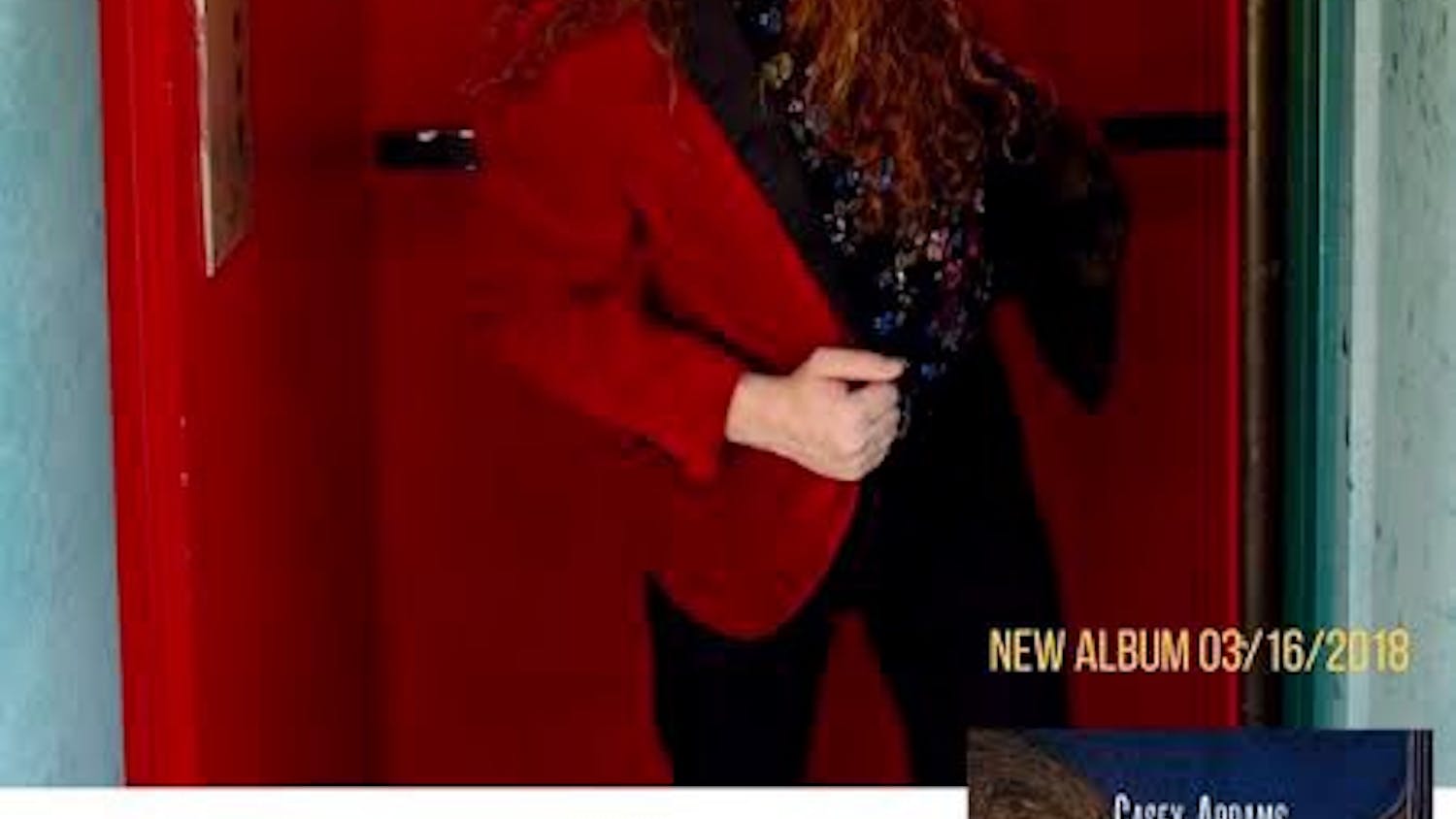Album: good kid, m.A.A.d city
Artist:Kendrick Lamar
Label:Interscope/Aftermath
Release Date:Oct. 22
Grade:A-
Last year's Section.80 wasn't perfect. It just feels perfect.
Some of the hooks on the album were a bit shaky, and the production on some of the tracks was shallow. But it worked in Section.80's context. In an album that's essentially a critique of Generation Y, it would be easy to devolve into an hour's worth of finger-pointing admonitions that give off an illusion of self-perfection.
Part of the reason the album - and most of Kendrick Lamar's catalog - resonates with fans because those minor flaws make his triumphs in tracks like "A.D.H.D," "Ignorance is Bliss" and "Cartoons & Cereal" that much more rewarding. Lamar never claims to be perfect. It's like he says in Section.80's "Ab-Soul's Outro": "I'm not the next socially aware rapper/I am a human mother****ng being over dope ass instrumentation."
It's that same sort of relatability that carries the excellent good kid, m.A.A.d city. The album is a story known all too well: the story of a young adult struggling not to go astray in a world of madness. But this story transcends your average coming-of-age tale. Rather than playing the role of storyteller, Lamar draws the listener into a body of work that is as thrilling as it is deep. The result is one of the greatest hip-hop albums in recent memory.
The listener isn't simply a listener for the duration of the album, but a bystander in Lamar's travels. The Compton rapper's lyricism and charisma has gotten to a point where he immerses the audience within the story instead of just telling it to them. The listener is right there with Lamar as he commits various reckless activities ("The Art of Peer Pressure"), having conversations about alcoholism in the outstanding "Swimming Pools (Drank)" or lusting "Sherane a.k.a Master Splinter's Daughter."
Even the more boastful tracks are a joy to listen to. "Backseat Freestyle" is about as cocky as Lamar gets, but it's hard not to laugh as he switches from boastful wishes to premature ejaculation defenses ("And her body got that ass that a ruler couldn't measure/And it make me [expletive] fast but I never get embarrassed").
What makes the accessibility of these tracks even more impressive is that a majority of these songs are unconventional in structure - eight of the 12 tracks are over five minutes. "m.A.A.d city" switches into a West Coast sendoff, interludes break up the solid "The Art of Peer Pressure," while the line between hook and verse blurs in "Backseat Freestlyle" because of Lamar's undeniable energy.
It would be a disservice to call this unconventionality experimental; the majority of the album sounds too concise and fully realized to warrant such a title. Plus, even though it's a concept album, each song is strong enough to be played on its own.
This blend of accessibility and originality comes to a head in good kid's centerpiece, "Sing About Me, I'm Dying of Thirst." In the track, Lamar raps from the perspective of his slain friend, the sister of a murdered prostitute (who was a character in Section.80's "Keisha's Song") and himself before switching to a more staccato beat to reflect on his own temptations.
The whole track makes for an extremely compelling 12 minutes.
"Fighting for your rights, even when you're wrong and hope that at least one of you sing about me when I'm gone," Lamar raps. "Now am I worth it?/Did I put enough work in?"
"Real" comes after, and the song may be a bit too sing-songy for multiple replays. The album closer, "Compton" with Dr. Dre, is good in its own right, but it has that clich?(c) sense of pride seen in many albums of this kind (Jay-Z's American Gangster and Raekwon's Only Built 4 Cuban Linx Pt. II).
But the previous ten songs make good kid, m.A.A.d city one of those rare releases that actually live up to the hype. The struggle with making a debut is the conflict between commercial accessibility and creative control.
That conflict is irrelevant here. It's the story of the kid from Compton that matters the most.
Email: arts@ubspectrum.com





